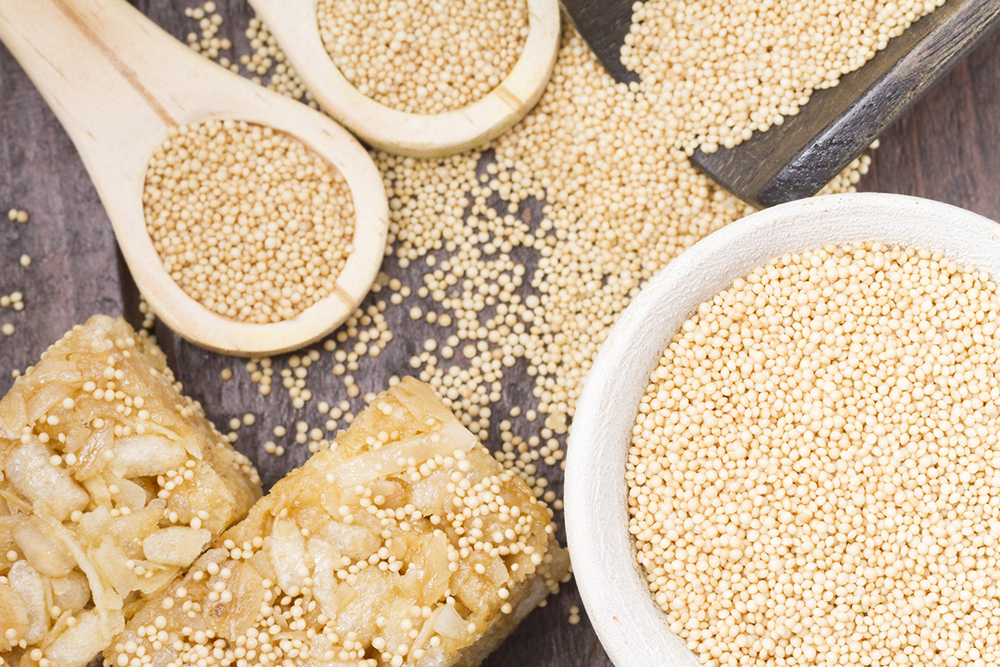Aging Gracefully: Essential Strategies for Maintaining Health and Vitality in Later Years
Aging gracefully is achievable through proactive health strategies such as regular exercise, a nutritious diet, routine medical check-ups, and mental well-being practices. This comprehensive guide offers essential tips to maintain vitality and enjoy a vibrant life in your later years, emphasizing the importance of embrace and preparation for aging. Discover how to turn aging into a positive journey marked by health, happiness, and independence.

Embracing Aging Gracefully: Essential Strategies for Maintaining Health and Vitality in Later Years
Growing older is a natural part of life that every individual experiences. While it brings certain changes and challenges, aging can be approached positively with the right mindset and proactive health practices. Instead of viewing aging as a decline, it can be seen as an opportunity to enjoy more wisdom, experience, and time with loved ones. The key to aging successfully lies in understanding what to expect and adopting habits that promote health, vitality, and well-being as years pass.
Many people notice initial signs of aging such as graying hair, changes in skin elasticity, or occasional aches and pains. These are normal processes but can be managed effectively through lifestyle adjustments. Maintaining a balanced diet, staying physically active, and regularly monitoring health through medical check-ups can significantly contribute to a vibrant life well into your later years. This comprehensive guide explores how to embrace aging with confidence and make the most of every stage of life via proactive health measures.
Aging involves a series of biological, physical, and psychological changes that differ from person to person. Recognizing early signs can help in taking timely actions. Typical early indicators include hair loss or graying, thinning skin, and a gradual reduction in muscle mass. In addition to visual changes, many experience a slowdown in cognitive processes, mild forgetfulness, or reduced energy levels. The aging process also impacts vital organ functions, leading to increased vulnerability to health conditions if preventive measures are not in place.
Understanding the various transformations that occur in the body with age is crucial for effective management. The heart’s muscles tend to stiffen over time, which can elevate the risk of cardiovascular diseases such as hypertension and heart attacks. Bones lose density, making fractures more likely, especially in conditions like osteoporosis. Muscular strength and joint flexibility decline, possibly affecting mobility and daily activities. Cognitive functions may slow, leading to memory lapses or decreased concentration. Additionally, systems like digestion and urinary functions often become less efficient, causing issues such as indigestion or frequent urination. Sensory organs, including eyes and ears, also deteriorate, impacting vision and hearing.
To foster a healthy, active, and fulfilling life during older age, consider implementing these preventive and lifestyle strategies:
Stay physically active: Engage in regular exercise routines such as brisk walking, swimming, yoga, or outdoor sports. Physical activity enhances cardiovascular health, boosts immune function, and helps maintain muscle strength and joint flexibility. Consistent movement is essential in reducing the risk of chronic illnesses and promoting mental well-being. It also boosts circulation and improves sleep quality, both vital for aging well.
Schedule routine medical checkups: Regular visits to healthcare providers enable early detection of potential health issues. Comprehensive screenings for blood pressure, cholesterol, blood sugar levels, and cancer markers help in timely intervention. Following your doctor’s advice and adhering to prescribed treatments can prevent complications and improve health outcomes in later years.
Adopt a nutritious diet: Focus on consuming a balanced diet rich in fruits, vegetables, whole grains, lean proteins, and healthy fats. Incorporate foods high in antioxidants and essential nutrients, such as leafy greens, berries, nuts, and seeds. Avoid excessive intake of processed foods, sugary snacks, and fried items, which contribute to inflammation and chronic diseases. Herbal teas and adequate hydration support overall bodily functions. Consult a nutritionist to tailor a diet plan that suits your individual health needs.
Limit harmful habits: Avoid smoking, as it accelerates skin aging, damages lungs, and increases risks of cardiovascular and respiratory diseases. Limit alcohol consumption, since excessive intake impairs liver function, depletes nutrients, and can worsen cognitive decline. Embracing a lifestyle free from these habits significantly enhances longevity and quality of life.
Prioritize mental health and social connections: Engage in social activities, hobbies, and community events to maintain mental agility and emotional stability. Learning new skills or volunteering can foster a sense of purpose. Mindfulness practices like meditation or breathing exercises help manage stress and promote mental clarity. Building strong relationships reduces feelings of loneliness and contributes to overall happiness.
Ensure adequate sleep and stress management: Quality sleep is fundamental for cell repair and cognitive function. Establish a regular sleep schedule and create a calming bedtime routine. Manage stress through relaxation techniques, hobbies, or therapy if needed, as chronic stress can negatively impact physical health and accelerate aging.
In conclusion, aging is an inevitable journey that can be navigated successfully with awareness, proactive health measures, and a positive outlook. By staying active, eating well, monitoring health regularly, and nurturing mental well-being, seniors can enjoy an active, independent, and fulfilling life. Embracing the aging process with confidence and grace can lead to a richer, more satisfying experience in the later years of life.





